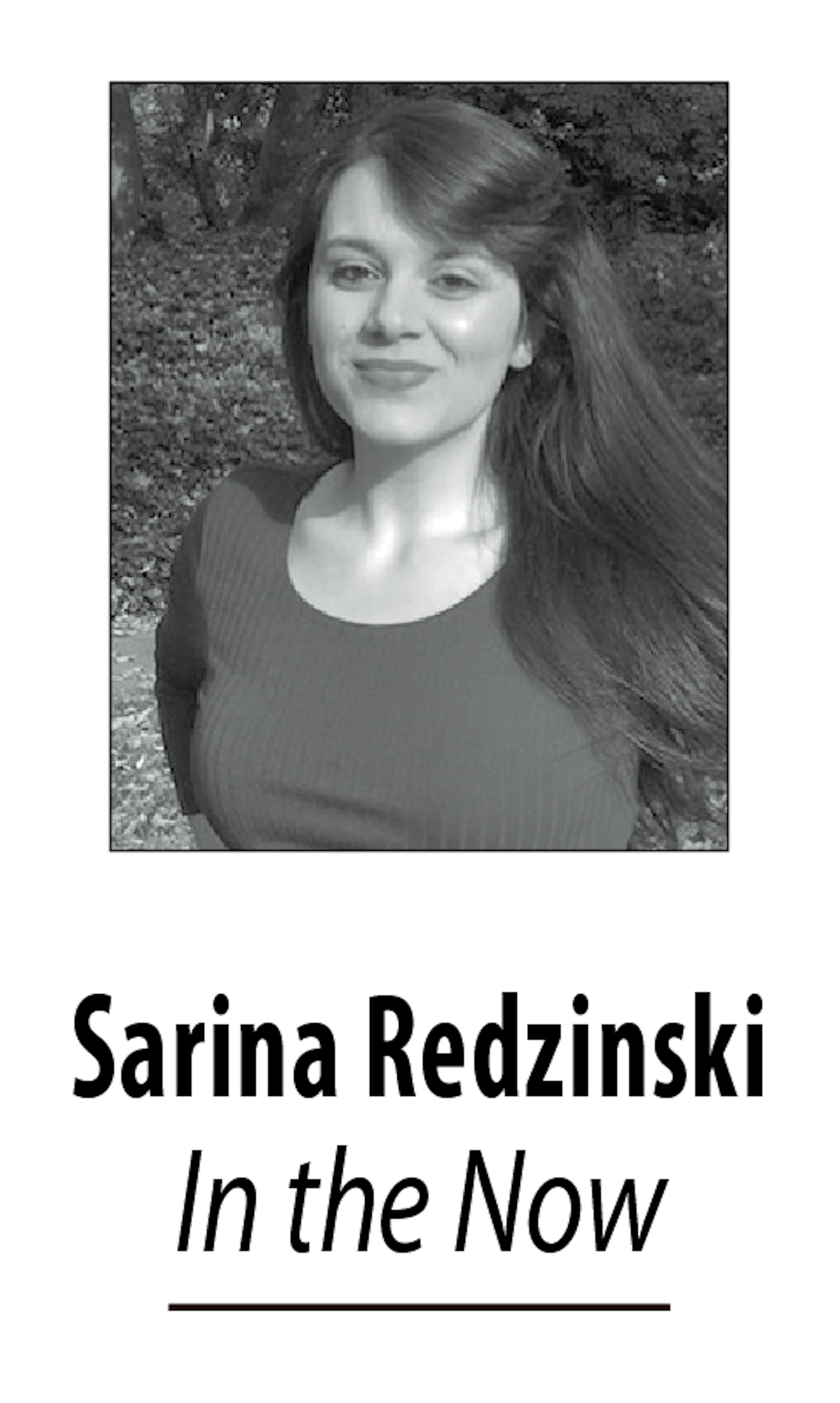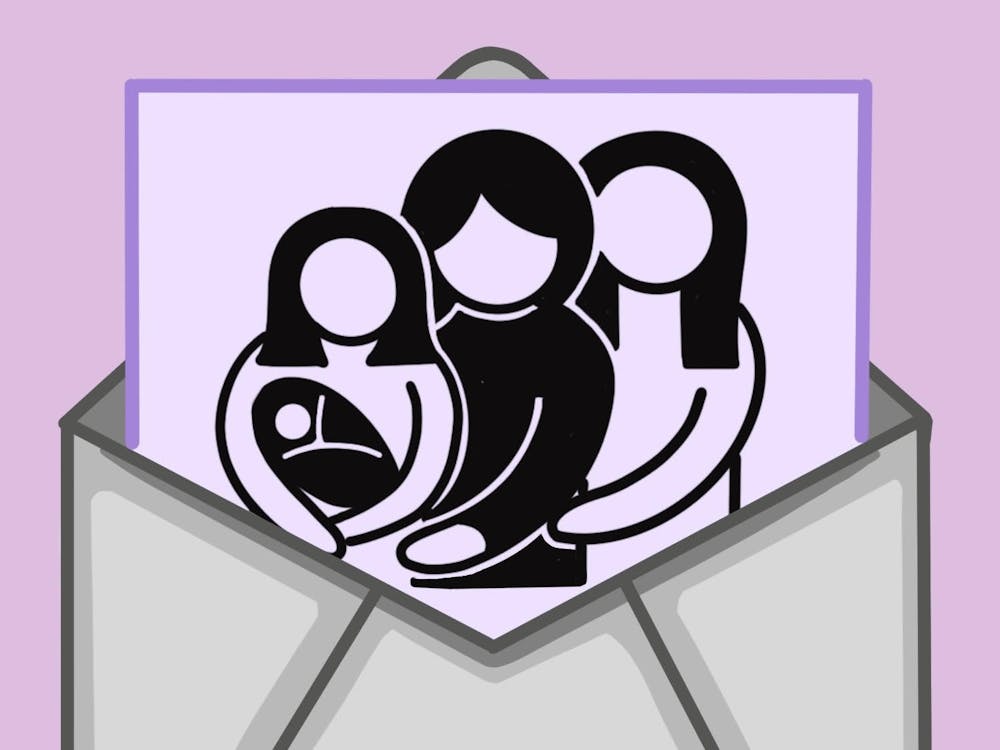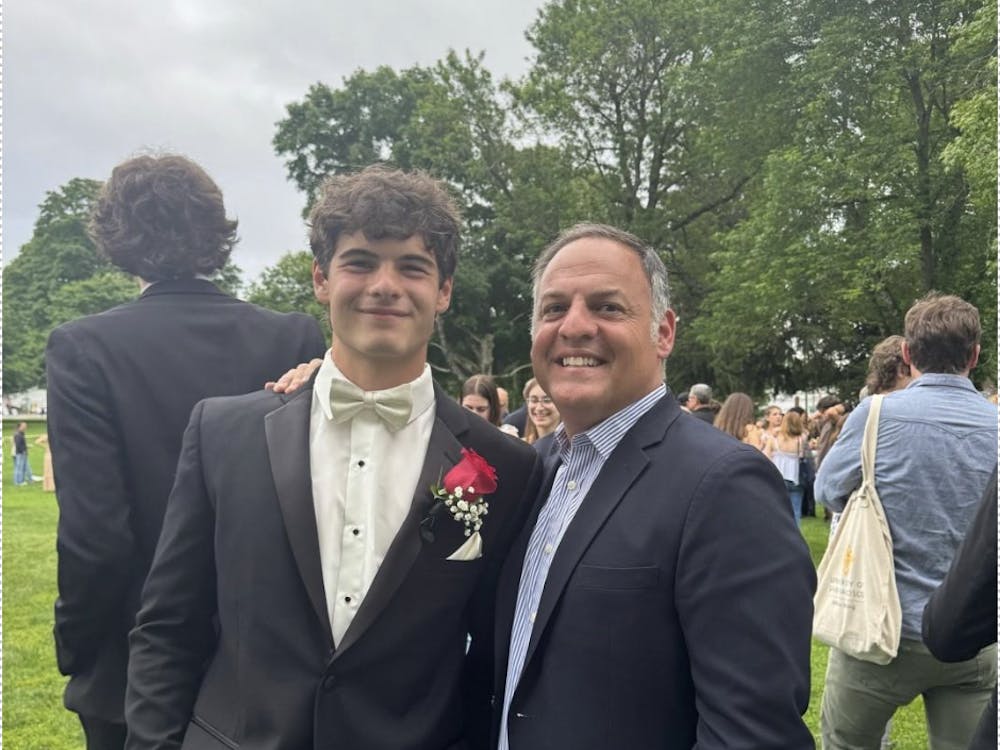
A few years ago, I went to a concert with two of my close friends. It was a punk festival at Ottobar that featured a few different performers, but we were most excited to see the local band Snail Mail, who only had one EP out at the time. After some bizarre sets during which we all almost got punched in the face by a flailing guitarist and listened to a woman remix her screams on an electric keyboard (my one friend still jokes that I was the only person able to dance to the rhythmic screeching), Snail Mail came out.
The lead singer was a small girl with black hair, chopped short with blunt bangs. We looked pretty similar at the time, actually, though I’ve since grown my bangs out and let my hair fade back to its natural dark brown. When they started playing, I found myself being knocked and bumped by the bouncing crowd. While their music was nostalgic and melancholic on their EP, listening to them live was energizing. I bobbed along and felt my feet leave the ground a few times, caught up in a collective experience. I closed my eyes and breathed in the scent of sweat, cigarettes and beer, shocked at how fresh it all felt.
After the show, my friends and I hung out at one of their apartments. At around three, one of them left, and I found myself alone with the other. I’d had a crush on him for a while and made no effort to hide it. In an inexperienced attempt to flirt, I played him a song I loved, since music seemed to be the theme of the night. It was “Age of Consent” by New Order, a synth-driven 80s song with opaque lyrics and long instrumental interludes. I had never played it for anyone before, and I was nervous for his reaction. I watched him carefully as he listened, then drank in his praise once he was done. That night, we kissed for the first time.
It all seems so romantic and sweet on its own, but that kiss ended up sparking a messy semester-long “relationship,” if you can call it that, during most of which I felt confused, manipulated and used.
After things ended, I saw him at a party at an upperclassman’s house. As we awkwardly stood in the hallway and talked, ignoring the tension and how close we had to squeeze together to let people pass by, I heard one song end and transition into another. We locked eyes in recognition as the New Order song revved up, the unmistakable guitar intro strumming. “This song,” he said wistfully, and I thought I knew what that meant. Later that night, we kissed for the last time. It was more bitter and somehow humiliating.
I listened to Snail Mail a lot after that, wishing I could start things over and choose instead to take a shuttle home by myself after the concert. I felt a grudge forming and didn’t know how to stop it. I felt it latch onto my memory and taint the things we had listened to together, familiar music creating knots in my stomach every time I heard it. For a while, “Age of Consent” especially felt darkened, which just made me even more angry. That song had been mine. I trusted him enough to share it, and he ruined it.
I’ve been thinking a lot lately about how we relate to music through our experiences. Getting ready to end my career at Hopkins, it feels so strange to hear music that reminds me of my past three years here. I remember embarrassing nights with my friends and hours spent talking with a beat quietly playing in the background. I remember dancing in basements and driving on highways. It’s so hard to believe that it’s me in those memories, and I notice how much I’ve changed. Music has been like a timeline along which I can plot my growth as a person.
And I think it’s because my relationship to music had been so deeply personal that I chose to refuse to give up a song that I loved for someone who didn’t deserve it. Instead of letting my experience with one person color my connection to “Age of Consent,” I decided to reclaim it as mine.
I played it for the other friend who had gone to the Snail Mail concert, and she liked it enough to put it on a summer playlist. I played it on my thrift store speakers in my bedroom at midnight for someone new I was dating. I played it driving to the beach with my mother, crossing over the huge bridge that leads to the Jersey Shore. I played it from my phone for my first real boyfriend after our second date, parked in his car and waiting for him to get the nerve to kiss me.
I played it whenever I could, until the first person I had played it for was just that: the first person I had played it for. He held no precedence over my connection to the song anymore—now it was rich with memories and people, all distinct and important, but ultimately parts of a larger whole. And that “whole” is mine, influenced by my choices and experiences, and mine alone.
By doing all this, I’ve learned how to reclaim things for myself. I’ve learned how to take back all sorts of things: music, movies, books, my bed, poems, parts of my body, art, nighttime, words, my own narrative, photos, museums—anything that felt like it had lost its meaning because of someone else, I have recovered for myself. As a senior about to graduate and transition out of the life I’ve created these past four years, it is easy to feel unmoored and aimless. Yet, I’ve found that claiming my experiences, even though they’re intangible, as totally and wholly mine, leaves me comforted and just a bit more grounded.





